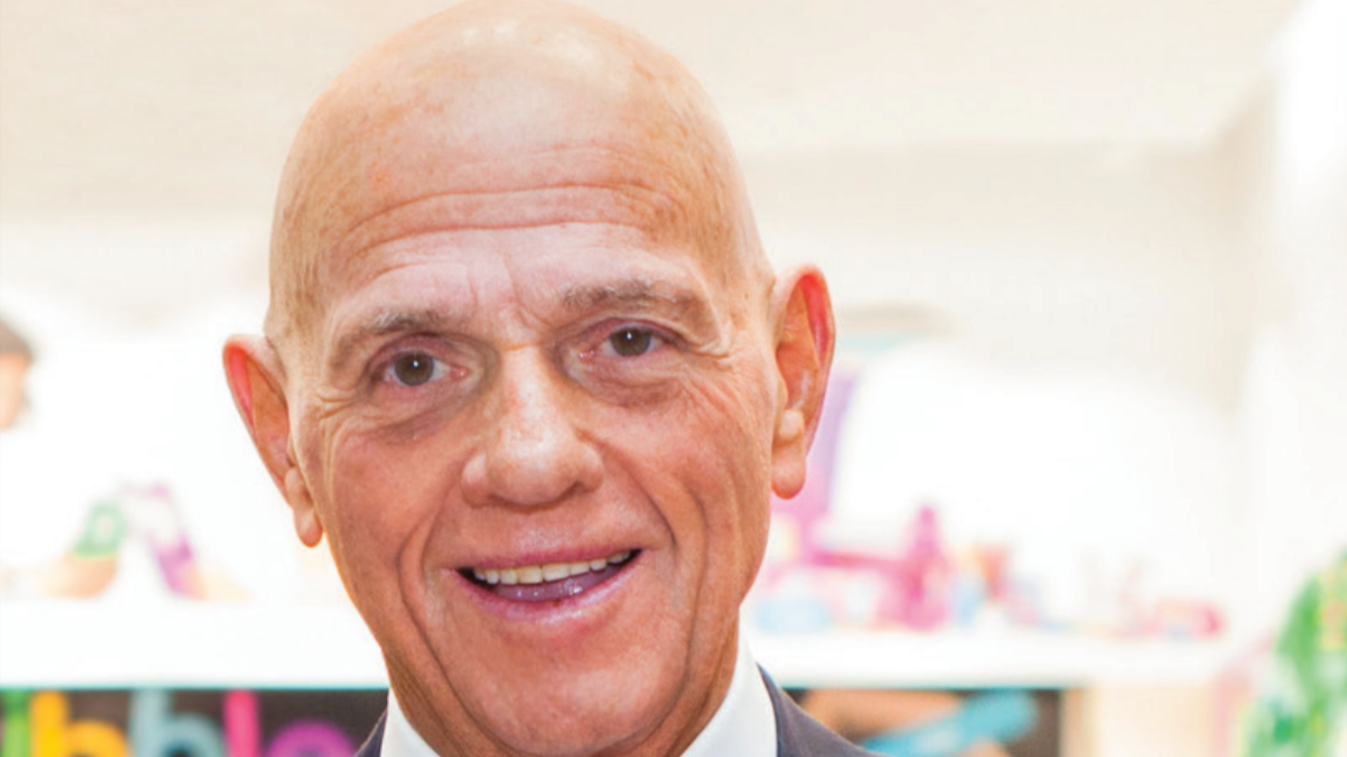From supplying dresses to its department stores as a teenager to becoming the largest shareholder of the company almost 60 years later, Solomon Lew’s relationship with Australian retailing icon Myer has swung back and forth over the decades.
In between, the veteran of Australia’s retailing industry has gone from chairing board meetings to being ejected as a director and sniping from the sidelines as a disaffected shareholder calling for better performance from the 124-year-old chain.
On 23 January Lew, 77, is set to return to the seat of power if shareholders approve a $1.1 billion deal under which his 40%-owned investment company Premier Investments sells apparel brands to Myer Holdings in return for 51.5% shareholding.
These new shares, and Premier’s existing 26% Myer stake, will be distributed to Premier shareholders including Lew’s Century Plaza Group, making him the largest direct shareholder with a 26.8% stake and also a seat on the Myer Board.
“The combination of the Apparel Brands business with Myer is an opportunity for us all to play an important role in the future of the Australian and New Zealand retail landscape,” Lew told the Premier Investments annual meeting in December.
“The combination of Myer and the Apparel Brands will deliver enhanced scale to the combined group, more opportunities through loyalty, and extract growth throughout the design, sourcing and distribution process.”
Premier Investments not only owns the brands being sold to Myer (Just Jeans, Jay Jays, Portmans, Dotti and Jacqui E) but also the global Smiggle stationery and school supplies brand, Peter Alexander and sleepwear brand, and a 30% interest in appliance maker Breville Group (ASX: BRG).

Full circle
With approval of the transaction, Lew has come almost full circle, chairing the Board of predecessor company Coles Myer from 1991 until 1995. He remained on the Board until voted out in 2001, five years before Myer was sold for $1.4 billion.
This was not a period without controversy, even while he headed the Board.
In 1995 it was learned Coles Myer lost $18 million when it indemnified Yannon Pty Ltd, a shell company registered at an office of investment bank CS First Boston, for its purchase of Premier preference shares issued to buy more Coles Myer shares.
The transaction was revealed by Coles Myer Finance Director Philip Bowman, who lost his job. Lew denied knowledge of the indemnity and he and CS First Boston repaid Coles Myer $12 million of the $18 million.
Bowman returned to England and, unlike other whistle blowers, rose from strength to strength in management and board roles including running liquor giant Allied Domecq.
Shareholders also criticised the company's governance during Lew’s time as a director. This was because of his other role as a supplier, which raised issues of conflicts of interest until he left the Board.
Myer was demerged from Coles Myer and sold to US private equity group Newbridge Capital in 2006. It was relisted on the Australian Securities Exchange in 2009 at $2.4 billion.
The float was at $4.10 per share, a price not achieved until later as the shares declined to a low of 10 cents in 2020, recovering to 84 cents on 14 January.
At this price, Myer is valued at $704.7 billion, less than one fifth of Premier Investments, which is valued at $4.28 billion.
The contrast in performance the two companies since Myer was refloated could not be more stark.
Since 2010, many of Myer’s key financial metrics have fallen with sales down from $3.28 billion to $3.266 billion, net profit from $169 million to $52.6 million, earnings per share (EPS) from 29 cents to 5.2 cents, and dividends per share (DPS) from 22 cents to 3.5 cents, all in the 2023/24 year.
Over the same period Premier Investment’s performance has improved significantly with sales rising from $870 million to $1.617 billion, net profit from $79.6 million to $257.9 million, EPS from 52.8 cents to 161.8 cents and DPS from 36 cents per share (66 cents if a 30 cent special dividend is included) to $1.33 per share.
A large part of the credit must be given to Lew, who worked in his family’s fashion business selling dresses at 18 and took a larger role in his early 20s following his father's death, expanding it to the business it is today.
Late to the party
Shaw and Partners Senior Equities analyst Philip Pepe said Myer had ‘come late to the party’ in online sales. It had been strangled by long-term leases, and operated a ‘department of stores’ with third-party brands sold by different staff in the same store.
“It wasn’t a great experience for the customer, for the most part,” Pepe said.
“Myer didn’t have great management until recently and was operating in a tough market where online sales had cut their lunch.
“They were also being strangled by massive long term leases and had a greater footprint than they needed which has probably taken years for them to unwind.
“In the meantime Solly has done well with Smiggle and Peter Alexander.
“The benefits of merging the two is that 30% of the sales of each is online and huge chunks of their costs are leases and staff so you can save on leases costs and maybe some staff costs.”
Lew bought into Myer after its float in 2009, gradually increasing his stake to 27%. He criticised management and strategy, plotting a return that culminates on 23 January if shareholders approve.
“The outlook for the combined group with the extra resources, better management and the ability to cut costs is better than for the independent (Myer),” Pepe said.
